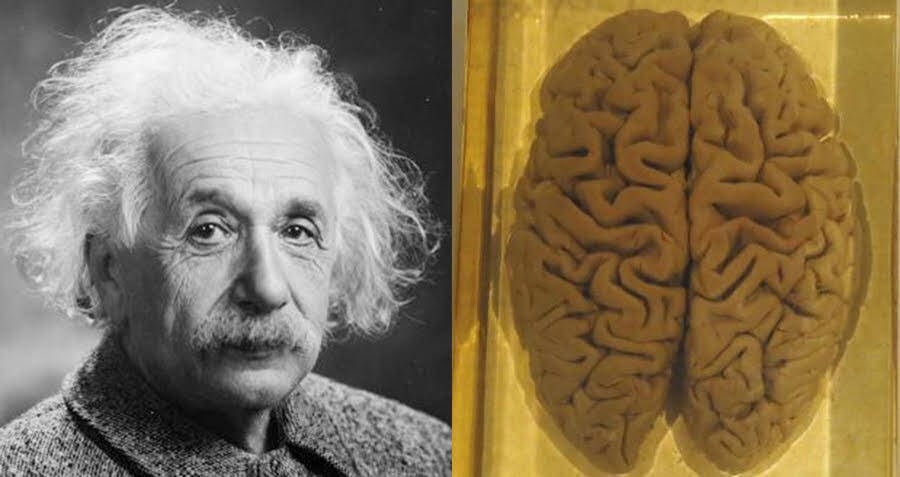After he died in 1955 albert einstein s brain was removed and stolen during his autopsy the pathologist thomas harvey kept the brain for study without permission ironically they found nothing linking his brain to his genius

The Mysterious Tale of Albert Einstein’s Stolen Brain

In a bizarre turn of events following the death of Albert Einstein in 1955, his brain was shockingly removed and stolen during his autopsy. The pathologist responsible for this audacious act was Thomas Harvey, who kept the brain without obtaining any permission or consent. This captivating story continues to pique the interest of scientists, researchers, and the general public alike. However, despite the extensive study conducted on Einstein’s brain, ironically, no substantial evidence has been found linking his exceptional intellect to the physical structure of his brain.
This peculiar incident raises numerous questions about the appropriateness of Harvey’s actions and the significance of Einstein’s brain. Many wonder why Harvey felt compelled to steal and preserve the brain, and what he hoped to discover through his unorthodox study. To this day, the exact motives behind Harvey’s decision remain unclear.

Harvey’s desire to unravel the secrets hidden within Einstein’s brain led him to embark on a journey of examination, dissection, and preservation. He diligently sectioned the brain into smaller segments and preserved them in various containers. Over the years, Harvey conducted numerous studies, thoroughly analyzing the brain’s anatomical features in the hopes of finding distinctive attributes that would explain Einstein’s incredible genius. However, his efforts proved to be in vain.
Despite the intricate dissections and exhaustive analysis, researchers failed to identify any extraordinary features or distinctive aspects in Einstein’s brain compared to those of ordinary individuals. The absence of any physical proof linking his brain to his genius has only deepened the mystery surrounding the legendary scientist.
It is worth noting that while Einstein’s brain did not reveal any extraordinary qualities, its theft and the subsequent studies did provide some meaningful insights into the field of neuroscience. Researchers discovered that certain areas of Einstein’s brain exhibited unique characteristics, such as an increased number of glial cells, which support and nourish neurons. However, it is crucial to emphasize that these findings were not exclusive to Einstein, and similar features have been observed in the brains of other individuals as well.
The ethical dilemma underlying the pilfering and preservation of Einstein’s brain raises questions about the boundaries of scientific inquiry and the need for informed consent in posthumous research. Harvey’s actions, driven by personal curiosity, highlight the potential for ethical compromises in the pursuit of knowledge.
Despite the theft and subsequent study of Einstein’s brain, the quest to unravel the enigma of his genius remains elusive. The lack of conclusive evidence connecting his remarkable intellectual abilities to the physical characteristics of his brain serves as a poignant reminder that the human mind is a complex and intricate phenomenon, transcending simple anatomical explanations.
Source: National Geographic
Related Posts
Quick Links
Legal Stuff

